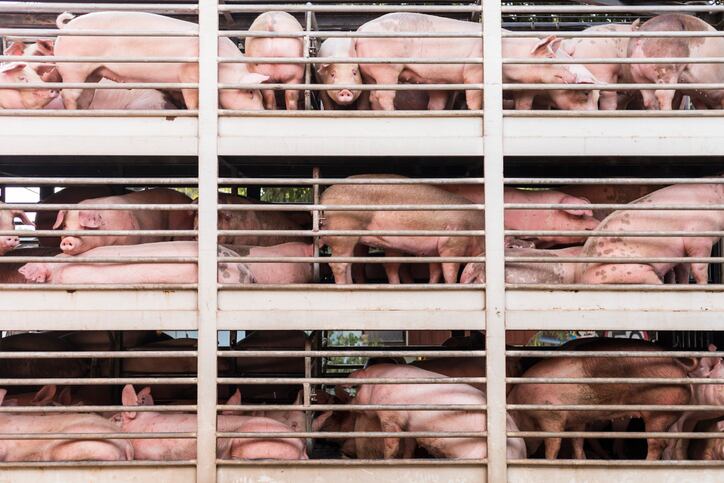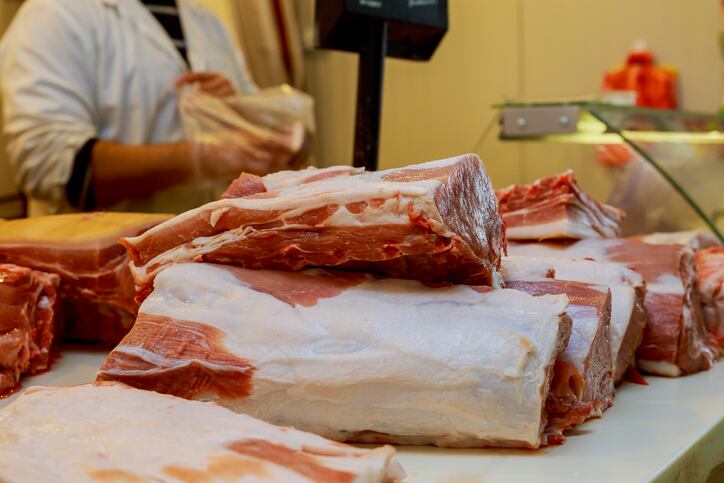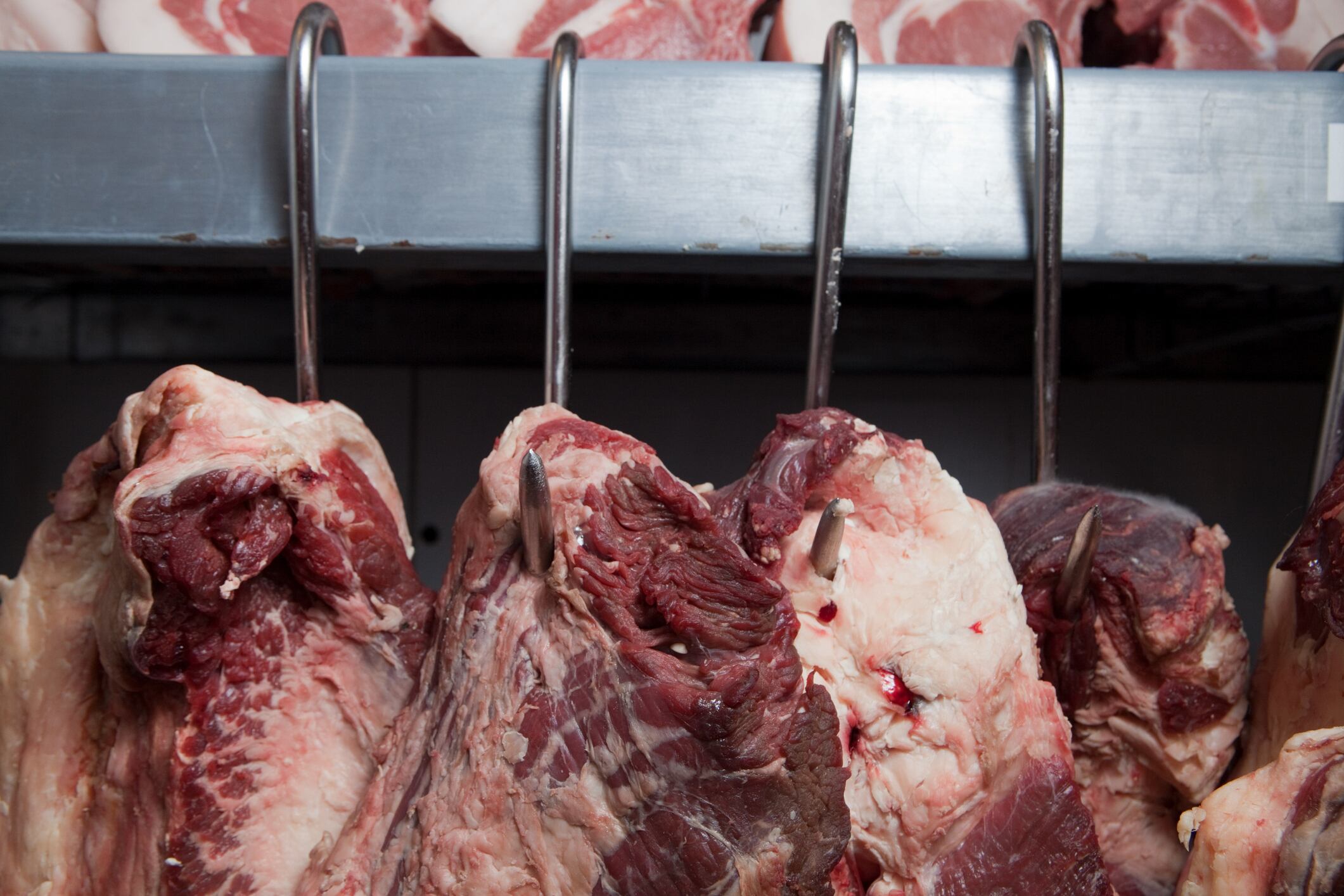“It is not a dramatization to say that we produce and consume food in this country [in a way that is] quite literally a matter of life and death,” Booker told attendees at the Consumer Federation of America’s virtual National Food Policy Conference July 28.
“This is true for our workers in America for being forced, right now, to risk their lives, to get food on our plates, as they are crowded into meat-packing plants that become hotbeds for COVID-19 outbreaks,” and it is true for independent family farmers and ranchers whose share of the consumer dollar has fallen precipitously leading to “heartbreaking stories of farmer suicides that right now are on the rise,” Booker said.
He argued it is also true for the American public who suffer from diabetes, heart disease and childhood obesity “at rates not seen by previous generations as cheap, unhealthy foods have become the new normal,” while at the same time 14 million US children suffer food insecurity.
Finally, he argued, it also is true for farm animals, billions of which he said are “treated with such immense cruelty that we are forced to look away from how we deal with industrial farming rather than admit that such horror is going on on a daily basis on our soil.”
80% of the beef market controlled by four companies
According to Booker, “the main reason for this is corporate consolidation,” which he says extends across the entire food and farm economy, but is most starkly visible in the control of 80% of the beef market controlled by just four companies.
“Large multinational corporations, because of their size and money, have undue influence over the marketplace and undue influence over public policy and undue influence here in Washington, DC. And they've created this massive system that benefits primarily theirselves as these multinational corporations are making bigger and bigger profits at the expense of our nation,” he lamented.
In response, Booker says he has proposed and supported more than a half dozen bills that directly target corporate consolidation in agriculture that aim to “create a new system that better reflects our values.”
Bill to slow high-speed animal slaughter could slow spread of COVID-19
The latest bill in Booker’s laundry list of legislation targeted at corporate consolidation in agriculture is the Safe Line Speeds During COVID-19 Act, which Booker announced at the CFA conference.
The legislation, which is co-sponsored by Sens. Richard Blumenthal (D-Conn.), Dianne Feinstein (D-Calif.), Kamala Harris (D-Calif.), Jeff Merkley (D-Ore.), Bernie Sanders (D-VT), and Elizabeth Warren (D-Mass.), seeks to protect workers, animals and consumers by slowing line speeds at poultry, pig and cattle slaughter and processing facilities, at least 20 of which the USDA has greenlighted to increase line speeds beyond current regulatory limits to help meet increased demand during the ongoing pandemic.
“The Safe Line Speeds [During COVID-19 Act] will rein in the USDA’s reckless oversight by limiting its ability to grant dangerous line speed waivers,” Booker said in a same day release.
He explained in the CFA release that “hyper-fast slaughter line speeds” make it harder for slaughter house and meat packing workers to maintain safe distances from each other – compounding the risk of additional outbreaks at these facilities where more than 37,000 workers have already tested positive for COVID-19 and more than 160 workers and four inspectors have died from the virus.
CFA noted that a recent analysis by the National Employment Law Project found the plants that received waivers to increase line speeds all had records of severe injuries, worker safety violations and/or were COVID-19 hotspots.
A companion bill, HR 7521, was introduced in the House by Reps. Marcia Fudge (D-Ohio), Rosa DeLauro (D-Conn.) and Bennie Thompson (D-Miss) earlier this month.
The legislation also would require the Government Accountability Office to review USDA’s actions and the US Department of Labor’s response to the pandemic with an eye towards worker, food and animal safety.
‘We need to focus on enforcement of anti-trust laws’
Previous legislation introduced by Booker that targets corporate consolidation in agriculture include the Agribusiness Merger, the Farm Systems Reform Act, the Local Farm Act, and legislation to reform the checkoff programs.
Together these bills seek to improve independent family farms and smaller operations' competitive leverage against consolidated corporate entities. They also seek to hold larger factory farms accountable for the impact of their business on surrounding communities.
Beyond legislation, Booker supports strengthening the Justice Department’s and USDA’s anti-trust divisions, the latter of which he said the Trump Administration “has all but eliminated.”
He explained, “If these laws were being enforced, we wouldn’t see only a handful of firms controlling the meat industry or the seed industry or the grocery industry. So, we not only have to put a pause on moratoriums and mergers, we need to focus on enforcement of anti-trust laws that will create a more free market and stop this reality where farmers' share of consumer dollars has gone down so dramatically, [while at the same time] consumers are paying more and more.”
Overcoming hurdles
Booker recognized that each of these bills face significant hurdles, including from a Republican-led Senate that he says is focused on helping large corporations, and from powerful lobbies whose donations to individual legislators’ campaigns help them secure attention and goodwill.
The legislation – and issues at large – also face significant challenges outside of Washington because Booker said most Americans don’t know about their food system, including the threats to it and the threats of it to their health and wellbeing.
Ultimately, he urged those attending CFA’s conference, as well as other health and food advocates, to speak out and educate the public and tell their legislative representatives they want to see change.
“I just really want to challenge everybody here. If you keep doing the same things you've been doing, you're going to keep getting the same results. And if we want dramatic change, we've got to be a part of it and begin to speak to these issues and raise the consciousness of our country,” he said, pointing to the success of the Black Lives Matter movement to raise awareness of structural racism as a potential model for the food industry.



